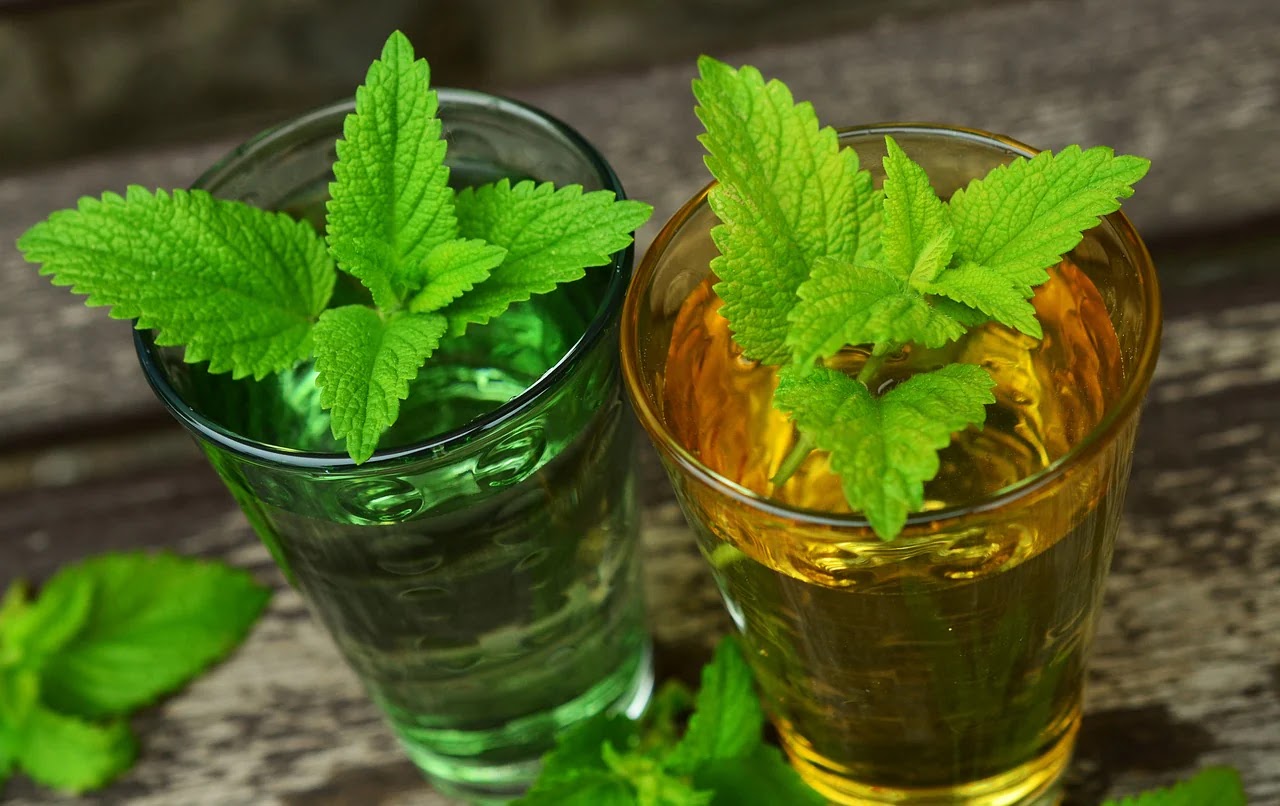In the modern world of high technology and medicine, with all kinds of pills, drops, and so on, it’s easy to get lost, confused, and even lose motivation to treat oneself. Fortunately, sometimes even a simple tea can improve your condition. In this article, we will talk about seven herbs that are best to brew if you want to help your body.
Chamomile Tea
One of the most popular floral teas, widely sold and has a good reputation. Chamomile tea has a beneficial effect on sleep problems, helping to relieve tension and fall asleep faster. It is also a good remedy for stomach and digestive disorders. Chamomile tea is also recommended for diabetics or those who monitor their sugar levels, since chamomile reduces inflammation and controls it, keeping it normal. Therefore, this tea is also useful in diseases. If you’ve lost your voice, have a sore throat, or need to recover after a hard day — chamomile tea will come in handy. Thus, it is a very versatile remedy.
Nettle Tea
This herb also contains a lot of useful properties, vitamins, and minerals. Nettle tea helps strengthen the immune system and is useful for various diseases. It also affects the skin and its condition, protecting it from environmental influences. Like chamomile, nettle improves digestion by stabilizing it.
Mint Tea
This option is another tea known all over the world and quite ancient, valued for many beneficial properties. It acts as an antidepressant, helping the gastrointestinal tract work better. Also, chamomile perfectly relieves pain and anesthetizes the central nervous system. At the same time, mint tea is invigorating and energizing, so it’s a great way to wake up a bit after sleep. Mint improves the respiratory tract and is great during colds. On an empty stomach, mint tea gives a slimming effect, so it fits well into any diet. Another useful property is the strengthening of blood vessels. This is what makes mint tea another universal soldier in the world of herbal teas.
Rosemary Tea
Another very useful character on our list. Like the teas mentioned above, rosemary provides antioxidant action, protects against inflammation, and strengthens the digestive system. It also works as an excellent antidepressant, reducing anxiety and stress. Some studies noted that such tea also improves cognitive abilities. Like many herbal teas, it is great for weight loss.
Thyme Tea
Thyme has many useful properties. For example, it helps well in fighting coughs, bronchitis, protecting the throat, and reducing inflammation. Its regular use reduces bacteria that lead to acne. Its effect is equivalent to the components used in various special acne creams. It also does a pretty good job fighting internal bacteria, making it a great option for those who can't use antibiotics. Its components also help to fight inflammation quite effectively. In recent studies, thyme was named as one of the strong preventive remedies against stomach and breast cancer.
Lemon Balm Tea
Lemon balm, thanks to its variety, also has many benefits. In particular, it soothes well and lowers levels of stress and anxiety, and improves sleep quality. Thanks to the essential oils in its composition, it also has an anti-inflammatory effect. It also helps relieve stomach and groin pain, especially for women. Lemon balm tea also acts as an antioxidant and detoxifier. Its effect, for example, on the liver helps restore damaged cells. Lemon balm is often recommended for women during periods of particular stress and menstrual cycles. In general, lemon balm tea is very versatile and definitely won't be superfluous in your diet.
Fennel Tea
Fennel tea, one of the most unusual on this list, is quite suitable for gastrointestinal problems, bloating, and stomach gout. Fennel helps with weight loss, like other herbal teas, so it can be combined with diets. It also protects the immune system and helps fight cough and other respiratory diseases. One of the few on the list, fennel tea also affects the cardiovascular system. Its effect also extends to joints, particularly arthritis. This tea helps restore and normalize hormonal balance. Therefore, its effect is broad, and it can safely be considered one of the most versatile herbal teas.
What’s Important to Remember When Consuming
Although herbal teas are useful, there are several important points. First, the options presented here have different effects, and some of them are better not to combine or drink at the same time. Determine the effect you need and choose teas accordingly.
Secondly, always consult a doctor or read the instructions if you are buying tea from a pharmacy. Some types of tea may be harmful, for example, for pregnant women, the elderly, or people with specific illnesses.
Thirdly — don’t overdo it. Too much liquid can burden your lungs, and in the case of some herbs — also your liver, so moderation is very helpful in such cases.
And finally — herbal teas are great options when you want to strengthen your health, improve well-being, or add a new element to your diet. But. Herbal teas alone don’t often work that effectively, so prioritize medical or psychological treatment. If you have a mild stage of illness, fatigue, or slight overstrain — herbal tea can be an excellent option.
Thus, by choosing herbal tea, you can be sure that you won't harm your body and will gain benefits simply by including it in your routine.









Comments
Post a Comment